Sixth Form Core: Theology, Philosophy and Ethics
Sixth Form Core: Theology, Philosophy and Ethics
All Sixth Form pupils undertake a carousel programme of philosophy and theology over two years with a focus on the relationship between faith and reason and the mutual connections between philosophy and religion.
The course is designed to help pupils to answer the call St Peter's made to the early Christians:
"Always be prepared to make a defence to any one who calls you to account for the hope that is in you, yet do it with gentleness and reverence." (1 Peter 3:15).
Below are some examples of programmes offered:
Philosophy
The Religion, Ethics and Philosophy department is committed to educate students in the spirit of friendship and love, which has been the ideal of philosophy since ancient Greek times. Our students are strengthened not only in their commitment to the pursuit of knowledge and truth, but also to the lifelong practice of virtue as exemplified in the classical Greek concept of paideia.
The course is designed to provide students with the philosophical concepts required to understand the world around them. Students study the basic tenants of the Aristotelian philosophy of realism with some exposure to primary texts such as Plato’s Apology of Socrates and The Euthyphro. They further engage in examining such metaphysical concepts as substance, accident and essence which form the basis of realist philosophical thinking, and undertake a course introducing them to ethical discourse and application.
Catholic Voices
This course encourages in pupils a spirit of dialogue and understanding with people of other faiths and none.
The goal is to equip boys and girls with the knowledge and skills to explain and defend their faith and ethical beliefs in a confident and natural way by identifying and building a dialogue upon shared values.
The course has been developed in collaboration with one of the co-founders of Catholic Voices UK.
Religion, Society and Culture
This course explores the role Judeo-Christian beliefs have played in the development of law, education, politics and culture.
We will also look at the contribution religious faith makes to the lives of communities and individuals, and explore what insights neuroscience and psychology how brought to our understanding of benefits of living a life according to religious and ethical principles.
Get more information
Thank you!
Please try again later.
CONTACT US


| All Rights Reserved | The Cedars Laurels 6th Form
Web design by www.beardfish.co
